|
Women in Science at Duquesne University (WIS@DU) is an organization of women, from full professors to undergraduates, that strives to encourage and empower women of all ages. The organization holds seminars addressing common issues for women (and men!) such as negotiating, work-life balance, and time management. The organization also offers a mentor network for undergraduates, a place where students can participate in small group discussions on topics of interests and seek advice and guidance. Another large component of WIS@DU is STEM outreach. Due to the generous support of EQT Corporation, WIS@DU has been able to visit several schools in the greater Pittsburgh area. During these events, STEM departments across Duquesne University bring hands-on activities to local schools to help enrich the schools STEM Programs. These events have been a huge success, not only for the students but for the members of WIS@DU as well! This Fall WIS@DU visited West Greene High School in Greene County, Pennsylvania. This was an all day event where members of WIS@DU spent the morning at the school talking about local abandoned mine drainage (AMD) and then visited a local passive remediation system designed to treat AMD. The day started with a presentation by Dr. Nancy Trun, Associate Professor in the Biological Sciences Department at Duquesne University, on abandoned mine drainage (AMD), how AMD forms, and the devastation that occurs. She talked about how AMD comes in different forms (acidic and circum-neutral) and how there are different ways to treat AMD. Lead by Duquesne University graduate student Michelle Valkanas, the Women in Science (WIS@DU) group (Dr. Nancy Trun, Brianna Ports, Marisa Guido, Joanna Burton, and Mackenzie Martin) then did two in class activities. The first activity was a pH experiment that provided the students the ability to visualize the differences in pH. This activity was done using red cabbage, a natural pH indicator, and a series of household items going from very acidic to basic (lemon juice, floor cleaner, vinegar, baking soda, and antacids). The red cabbage was purple at circum-neutral (pH 7) and changed to red/pink at acidic pH (<4) and blue/green at basic pH (>8). Details on the red cabbage pH indicator can be found here. The second activity that WIS@DU did in the classroom was the building of a DIY water filter. This activity was done using only things that could be bought in the store: sand, pebbles, activated carbon, and a coffee filter. The students layered the carbon, sand, and pebbles into a 1 liter water bottle and filtered dirty water through the filter. The students were immersed in this activity, optimizing their filters and troubleshooting when the water was still coming out dirty! The students at West Greene High School try make their own water filters and brainstorm the most efficient way to construct them. We then went to visit a passive remediation system. Passive remediation systems are designed to treat AMD. There is a passive system, Maiden Mine, that is in Greene County less than an hour from the school. There we got a tour from Daniel Guy, an environmental scientist from Stream Restoration Inc., who discussed the different components of the passive system and how it works to remediate AMD. He even showed us the opening into the mine and took pH measurements throughout the tour to show the efficiency of the system. The students enjoyed the tour and one even asked Daniel for an internship at Stream Restoration Inc. this summer. Daniel from Stream Restoration showing the students what bituminous coal looks like! The opening of the Maiden Mine where you can see the iron hydroxide streamers and algae lining the top of the water (left) and Daniel from Stream Restoration talking to the students about the history of the mine and the technologies being used to restore the watershed (right). Students hiking across the system on their way to the biotic pond that comes before the wetlands. Women in Science members (left to right) Michelle Valkanas, Bri Ports, and Marisa Guido.
0 Comments
|
Michelle ValkanasI will blog here about research excursions, community outreach, and other exciting science events Archives
March 2019
Categories |
Copyright © 2024 by Michelle M. Valkanas. All rights reserved.
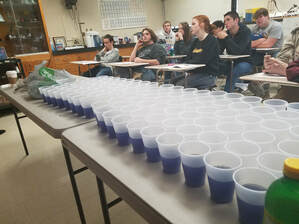
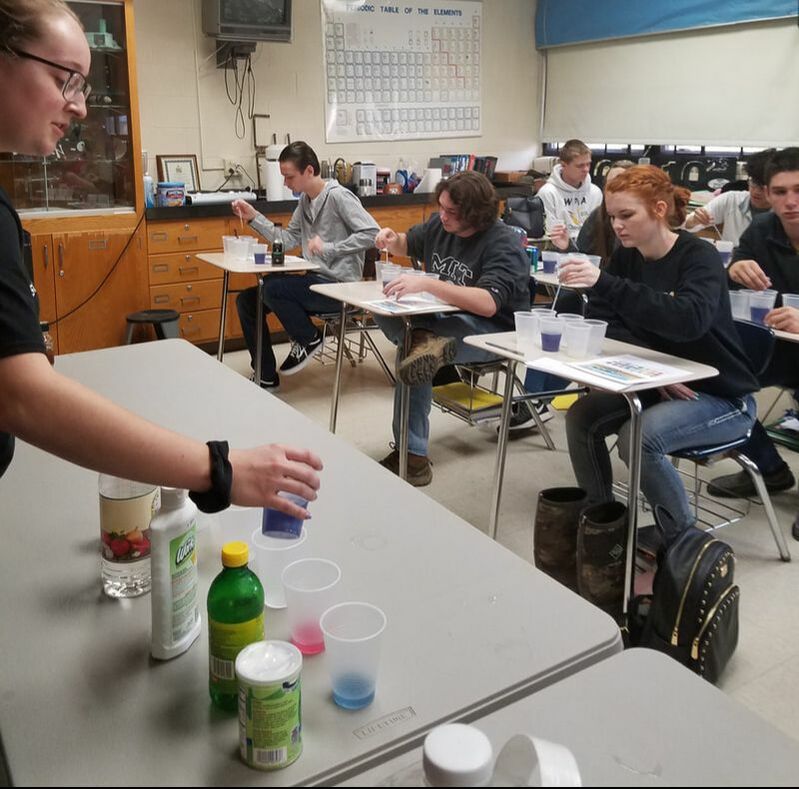
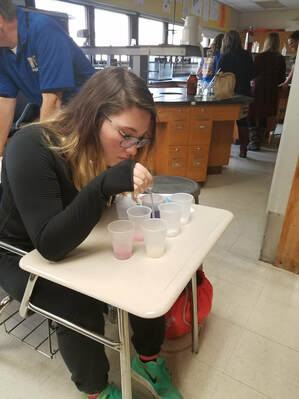
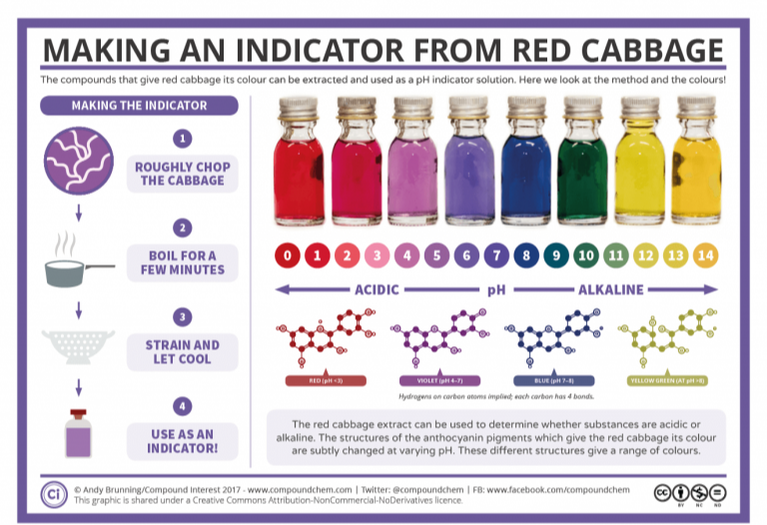
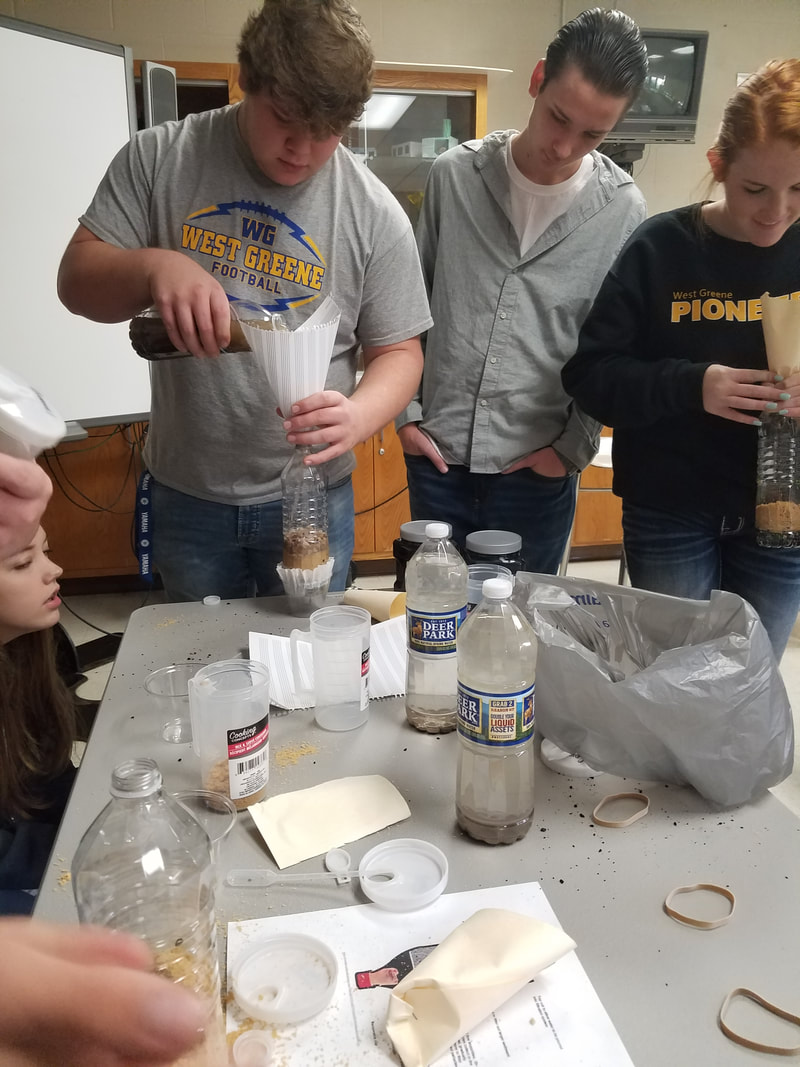
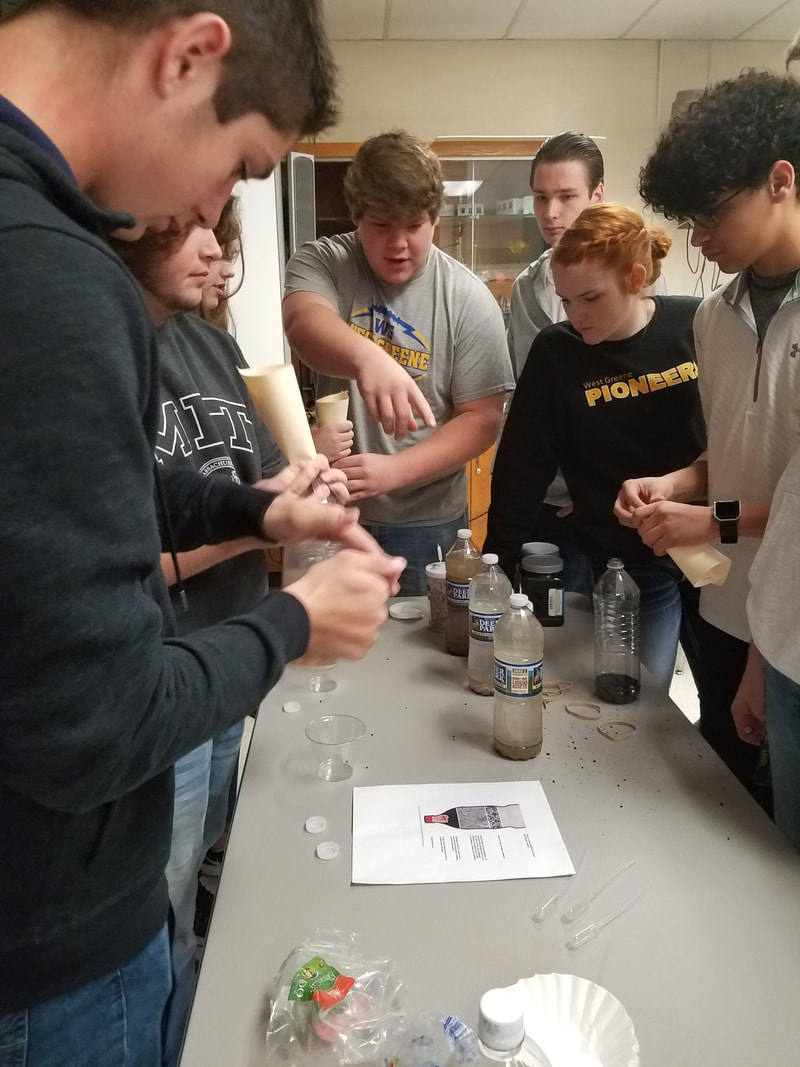
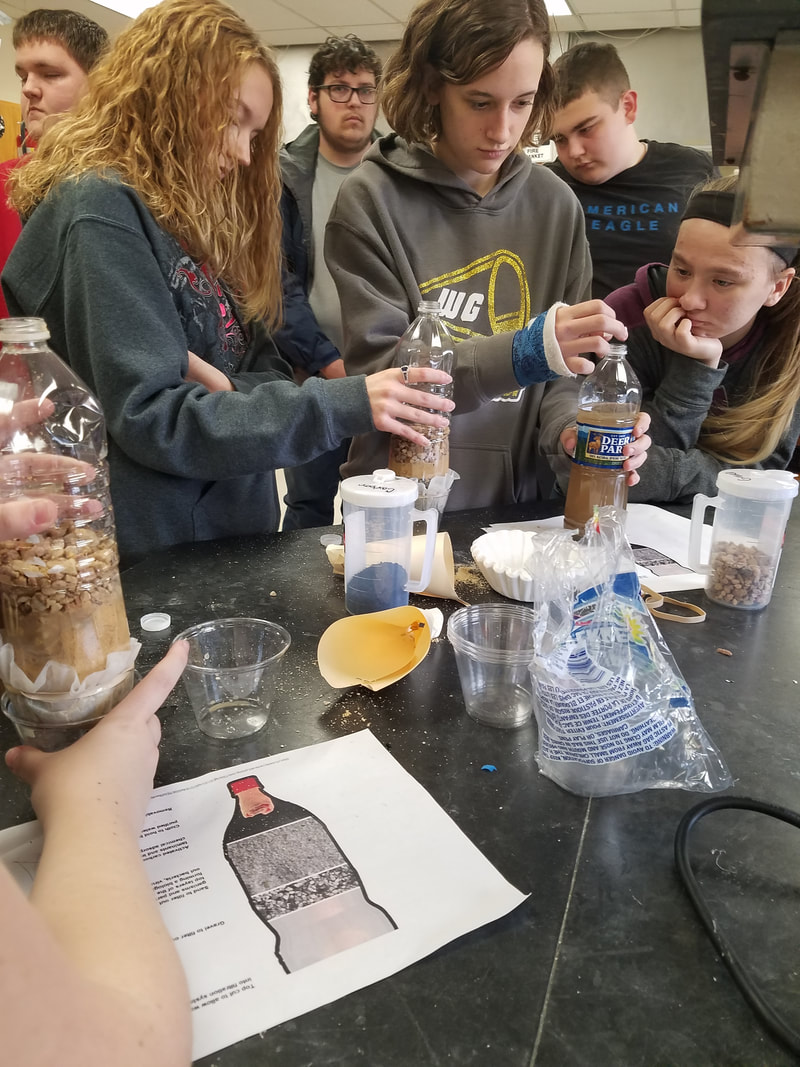
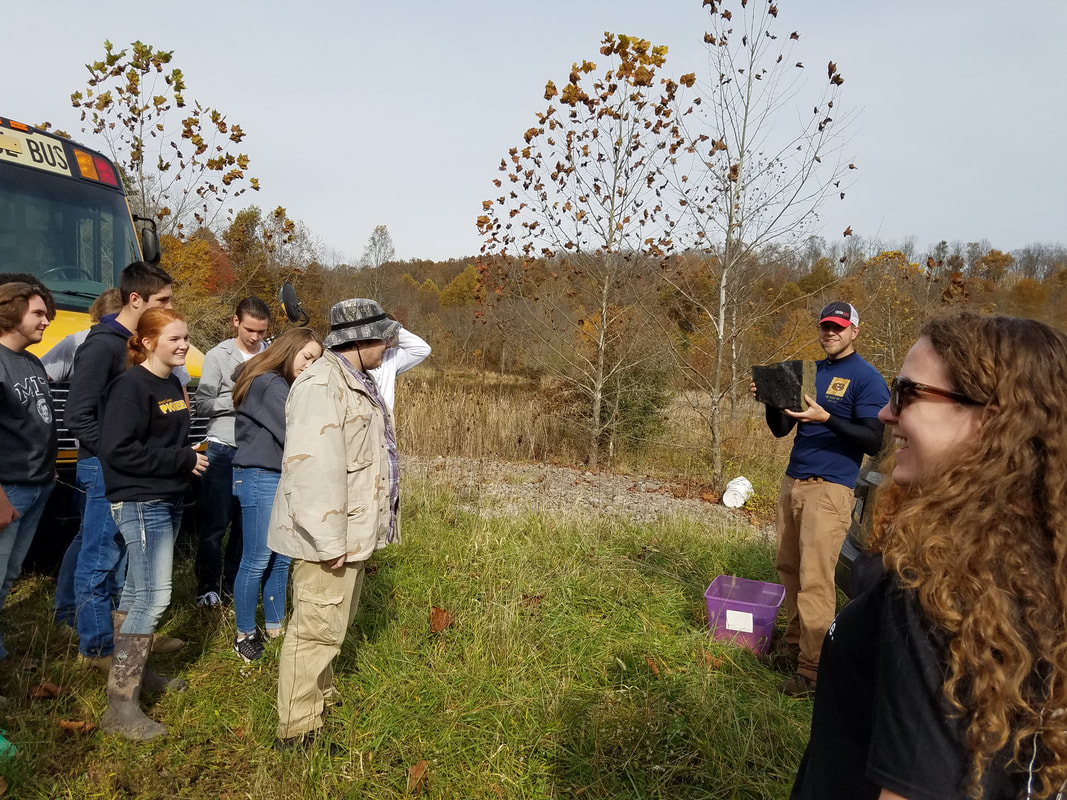
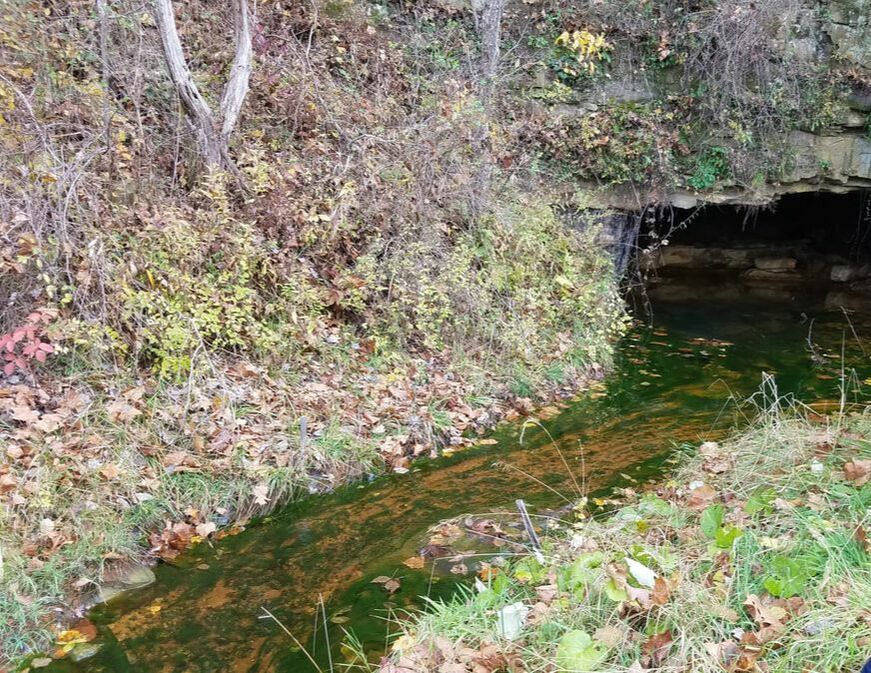
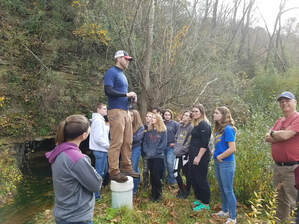
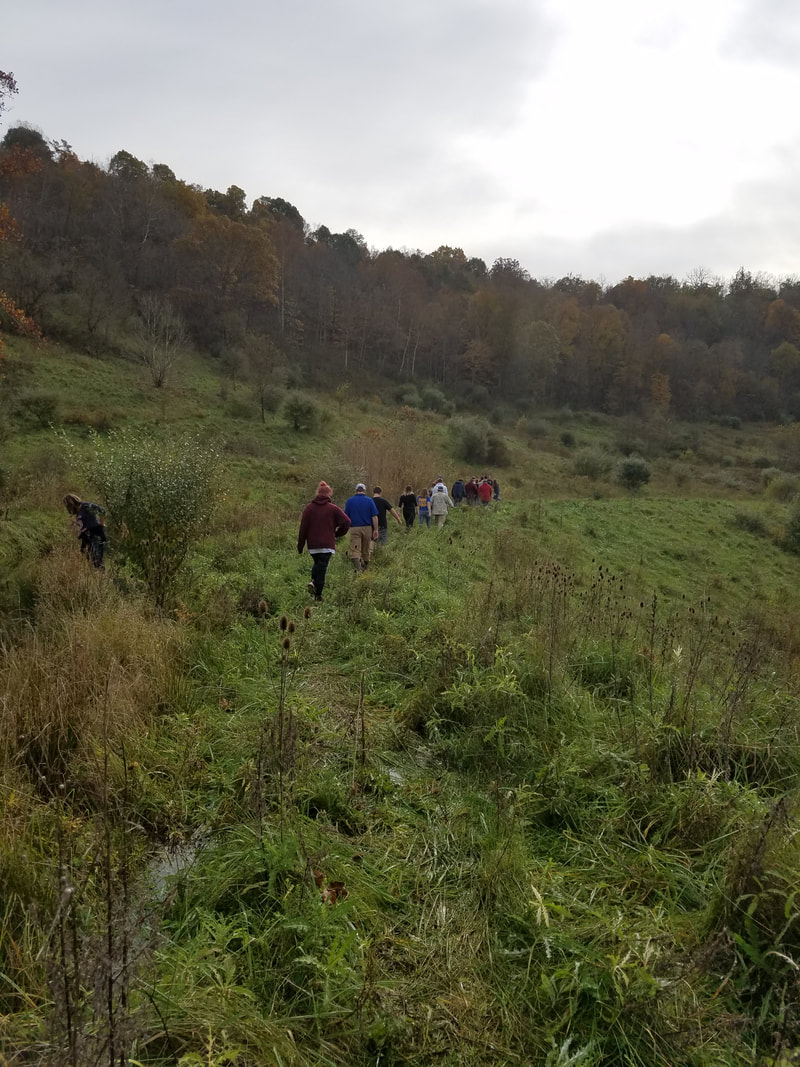
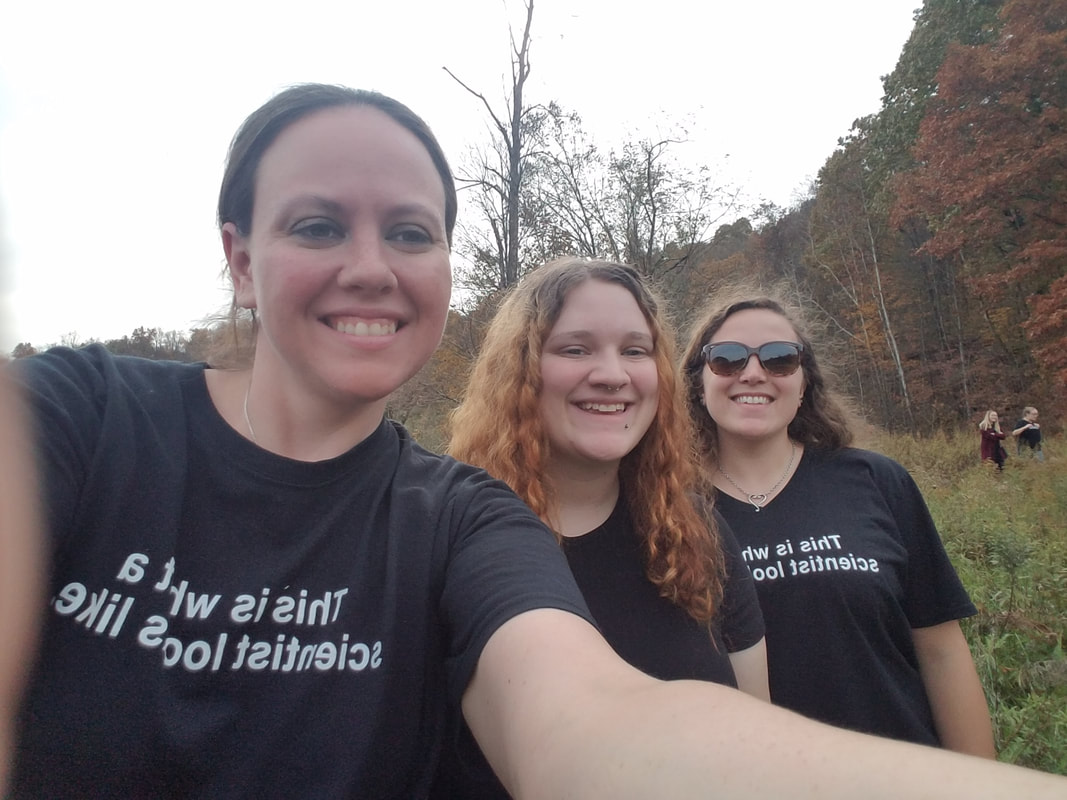
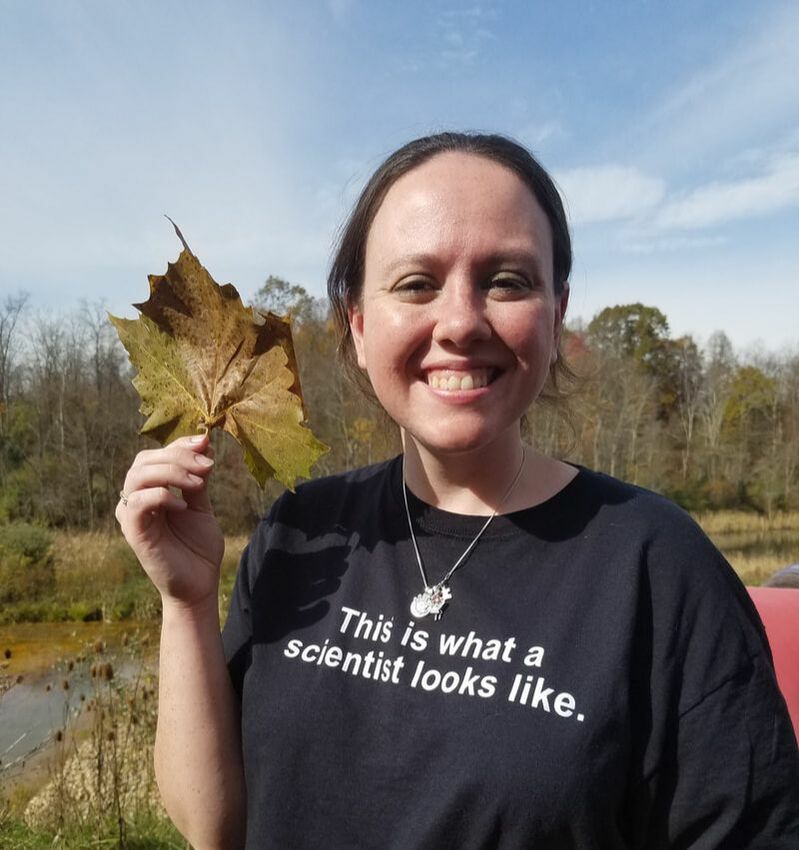
 RSS Feed
RSS Feed